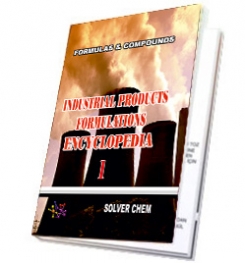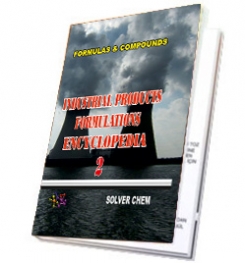In the broadest sense, gas and diesel engine oils have the same anatomy or makeup. They are formulated from the blending of base oils and additives to achieve a set of desired performance characteristics. From this simple definition, we start to diverge when examining the lubricant’s required performance for each engine type.
Emissions and the Catalytic Converter
A catalytic converter is a housing that contains porous metal filler located between the engine and muffler in the exhaust system. Its role is to convert toxic emissions coming from the engine to stable byproducts before they enter the atmosphere. Some of the byproducts of combustion (lead, zinc and phosphorus) can severely cripple the converter’s ability to perform this job. Therein lies the first major difference between the oils. Diesel engine oils have a higher anti-wear (AW) load in the form of zinc dialkyldithiophosphate (ZDDP). The catalytic converters in diesel systems are designed to be able to deal with this problem, while the gasoline systems are not. This is one of the main reasons you don’t want to use a diesel engine oil in your gasoline engine. If your automobile was built prior to 1975, there is a good chance it does not have a catalytic converter, and thus the above statements do not apply.
Viscosity
Viscosity is the single most important property of a lubricant. When I am working as a consultant and designing a lubrication program, one of the first steps I take is to calculate required viscosities. Getting the right viscosity is of the utmost importance. The selected viscosity needs to be pumpable at the lowest start-up temperature while still protecting the components at in-service temperatures.
Typically, diesel engine oil will have a higher viscosity. If we were to put this higher viscosity in a gasoline engine, several problems might arise. The first is heat generation from internal fluid friction. I’ve covered before how this heat affects the life of an oil. A good rule of thumb is that for every 10 degrees C you increase the temperature, you cut the life in half. The second problem is the low-temperature pumpability of this higher viscosity. During cold starts, the oil may be very thick and difficult for the oil pump to deliver to the vital engine components in the lifter valley. This most certainly will lead to premature wear, as the components will be interacting without the benefit of lubrication.
Additive Levels
Diesel engine oil has more additives per volume. The most prevalent are overbase detergent additives. This additive has several jobs, but the main ones are to neutralize acids and clean. Diesel engines create a great deal more soot and combustion byproducts. Through blow-by, these find their way into the crankcase, forcing the oil to deal with them. When you put this extra additive load in a gasoline engine, the effects can be devastating to performance. The detergent will work as it is designed and try to clean the cylinder walls. This can have an adverse effect on the seal between the rings and liner, resulting in lost compression and efficiency.
So how do you know if an oil has been designed for gasoline or diesel engines? When reading a label, look for the API (American Petroleum Institute) doughnut. In the top section of this doughnut will be a service designation. This designation will either start with an “S” (service or spark ignition) for gasoline engines or a “C” (commercial or compression ignition) for diesel engines.

any engine oil
LUBRICATING OIL
FORMULATIONS
ENCYCLOPEDİA
is enough.
LUBRICATING OIL FORMULATION ENCYCLOPEDIA has many formulations of greases, complex grease, lithium grease production,sodium greases formula, formulation,multigrade engine oils manufacturing process,motor oils making, gear oil production, synthetic engine oils,semi synthetic motor oils,gasoline oils,diesel oils production process,composition of turbine oils,transmission oil manufacturing, production of cycle motor engine, tractor oils,mineral based motor engine production,heat transfer oils, slideway oils formulation, formulations, cutting oils formula,formulas grinding oils,mould oils manufacturing process and etc.
All lubricating oils in the encyclopedia are producible easily.You need no help and no technıcal support. The encyclopedia is enough to produce lubricating oils and engine oils itself.
LUBRICATING OIL
FORMULATIONS
ENCYCLOPEDIA
is written clear and understandable.


HARD BOOK E BOOK
RELATED TAGS: What is engine oils,making synthetic diesel engine oil,semi synthetic engine oil manufacturing process,mineral based engine oil production, heavy duty engine oil formulation,high performance engine oil formula,formulas,properties of motor oils,synthetic motor oil msds, analysis,composition of engine oils,additives of motor oils, mineral engine oil formulation,make semi synthetic diesel engine oil, base oils,synthetic base oils,light neutral oil,heavy neutral oil,performance additives package, properties of diesel engine oil, how to formulate engine oils, types of engine oils, synthetic motor oils,ingredients of engine oils,compounds of engine oils, index of motor oil,characteristic of motor oils,application of motor oils,combination of synthetic engine oils.
SOLVERCHEM PUBLICATIONS

|
|

|
|

|
|
